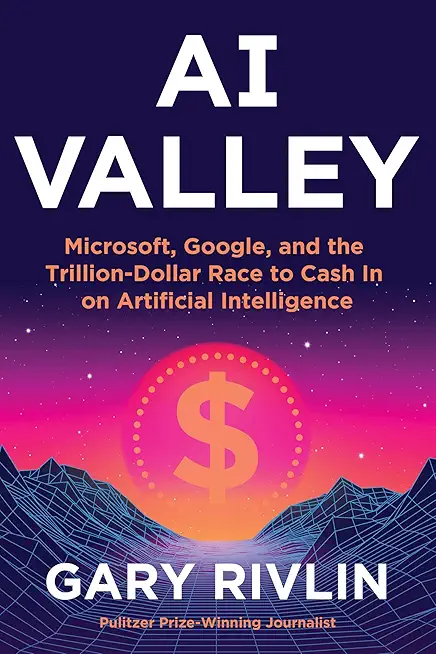
Powerball jackpot gaming technology
The intersection of gaming and technology continues to evolve dramatically, as evidenced by recent developments in both the lottery and artificial intelligence sectors. The Powerball jackpot, now estimated at a staggering $1.8 billion, is generating significant excitement and engagement on platforms like DraftKings.
This surge in interest reflects not only the thrill of potentially life-changing winnings but also the growing role of technology in enhancing traditional gaming experiences. DraftKings has reported that its lottery courier, Jackpocket, has seen a remarkable increase in ticket orders, with sales soaring by 130% in just one day. This trend underscores the increasing acceptance of online and app-based lottery ticket purchases, although challenges remain in states where such services are restricted (CNBC, September 5, 2025).
As the lottery landscape transforms, the implications are profound for both businesses and consumers. DraftKings estimates that Jackpocket could contribute between $260 million and $340 million in additional revenue by fiscal 2026.
This projection highlights the importance of integrating various gaming options, allowing customers to access sports betting and iGaming alongside lottery services, particularly in Powerball jackpot, including online lottery applications, especially regarding online lottery. However, the landscape is not without its hurdles, as states like Texas have imposed bans on courier services, citing concerns over regulatory compliance and potential abuses in ticket purchasing strategies. The Powerball’s current jackpot reflects a broader cultural moment, capturing the imagination of millions while simultaneously challenging regulatory frameworks (CNBC, September 5, 2025).
In a different arena, the technology sector is grappling with its own contentious issues. Anthropic, an artificial intelligence startup, recently agreed to pay a staggering $1.5 billion to settle a class-action lawsuit with authors who claimed their works were accessed illegally for AI training.
This settlement, if approved, would represent the largest copyright recovery in history, signaling a pivotal moment in the conversation surrounding intellectual property rights in the age of AI. The lawsuit specifically challenged the legality of using books obtained from pirated datasets, raising critical questions about the boundaries of copyright in a rapidly changing technological landscape (CNBC, September 5, 2025). The implications of Anthropic’s settlement extend beyond financial reparations; they send a strong message to AI companies about the importance of respecting copyright laws, including Powerball jackpot applications in the context of online lottery.
This case reflects a growing awareness among content creators regarding the potential exploitation of their works in AI training and development. Legal experts stress that this settlement underscores the necessity for clear guidelines on what constitutes fair use in the context of AI, particularly as the industry continues to expand.
The outcome may set a precedent for future cases, influencing how AI firms engage with copyrighted materials and reshaping the legal landscape surrounding technology and creativity (CNBC, September 5, 2025). As the worlds of gaming and technology converge, the narratives of opportunity and challenge are inextricably linked. The lottery’s technological evolution offers new avenues for revenue and engagement, while the AI sector faces scrutiny over its practices and ethical implications.
Both scenarios illuminate the complexities of regulatory environments and the need for thoughtful discourse around innovation and responsibility.
Questions arise regarding the future of both industries: How will evolving technologies continue to reshape our understanding of gaming and copyright?
What regulatory frameworks will emerge to address these challenges?
As these sectors navigate uncharted waters, continued vigilance and adaptation will be essential for both businesses and consumers alike.



